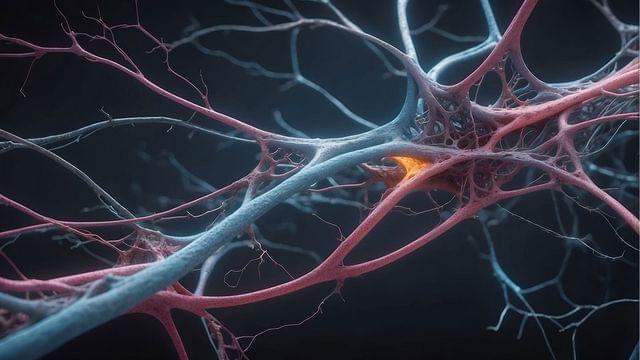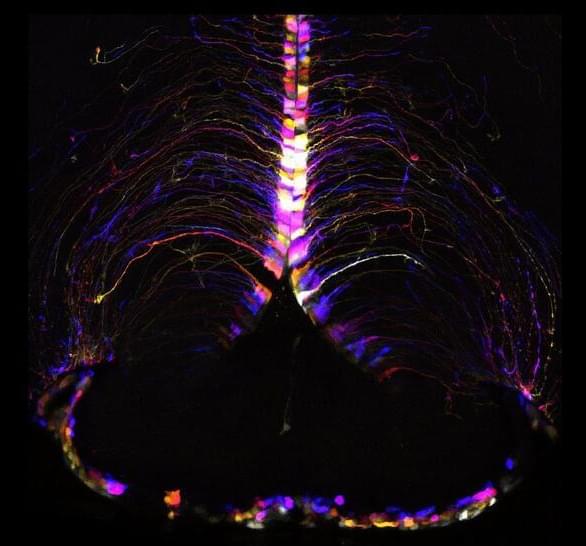Donald J. Cram, a Nobel Prize-winning chemist who taught andconducted research at UCLA for more than 50 years and is remembered bythousands of undergraduates for singing and playing guitar in class, died ofcancer June 17 at his home in Palm Desert. He was 82.
A renowned scientist who was as comfortable riding the waveswith friends in the San Onofre Surfing Club as he was in his lab at UCLAconstructing complex molecular models, Cram won the Nobel Prize in 1987 and theNational Medal of Science in 1993 for his work in host-guest chemistry, a fieldhe helped to create. In 1998, he wasranked among the 75 most important chemists of the past 75 years byChemical and Engineering News.
“DonaldCram stands alone in the incredible variety, beauty and depth of hisaccomplishments,” read the citation for Cram’s National Medal of Science. “His investigations have helped give thisscience its form and sophistication. Hetruly brought art to science by making his science an art.”







